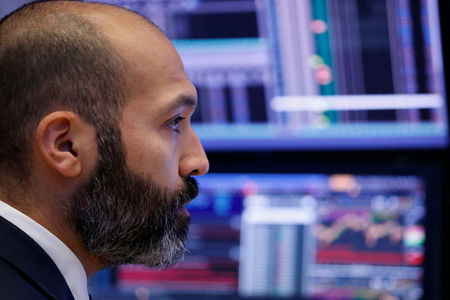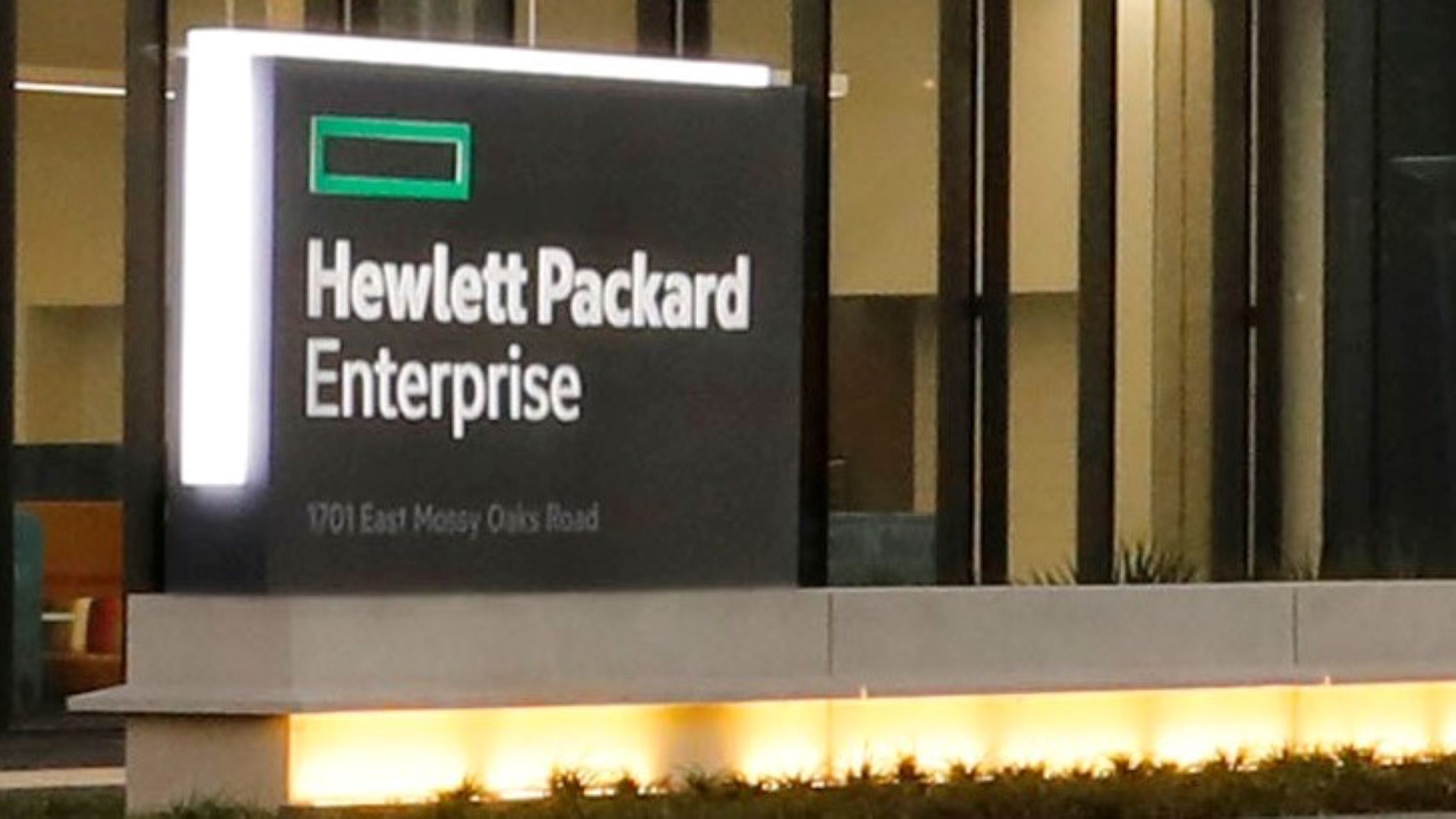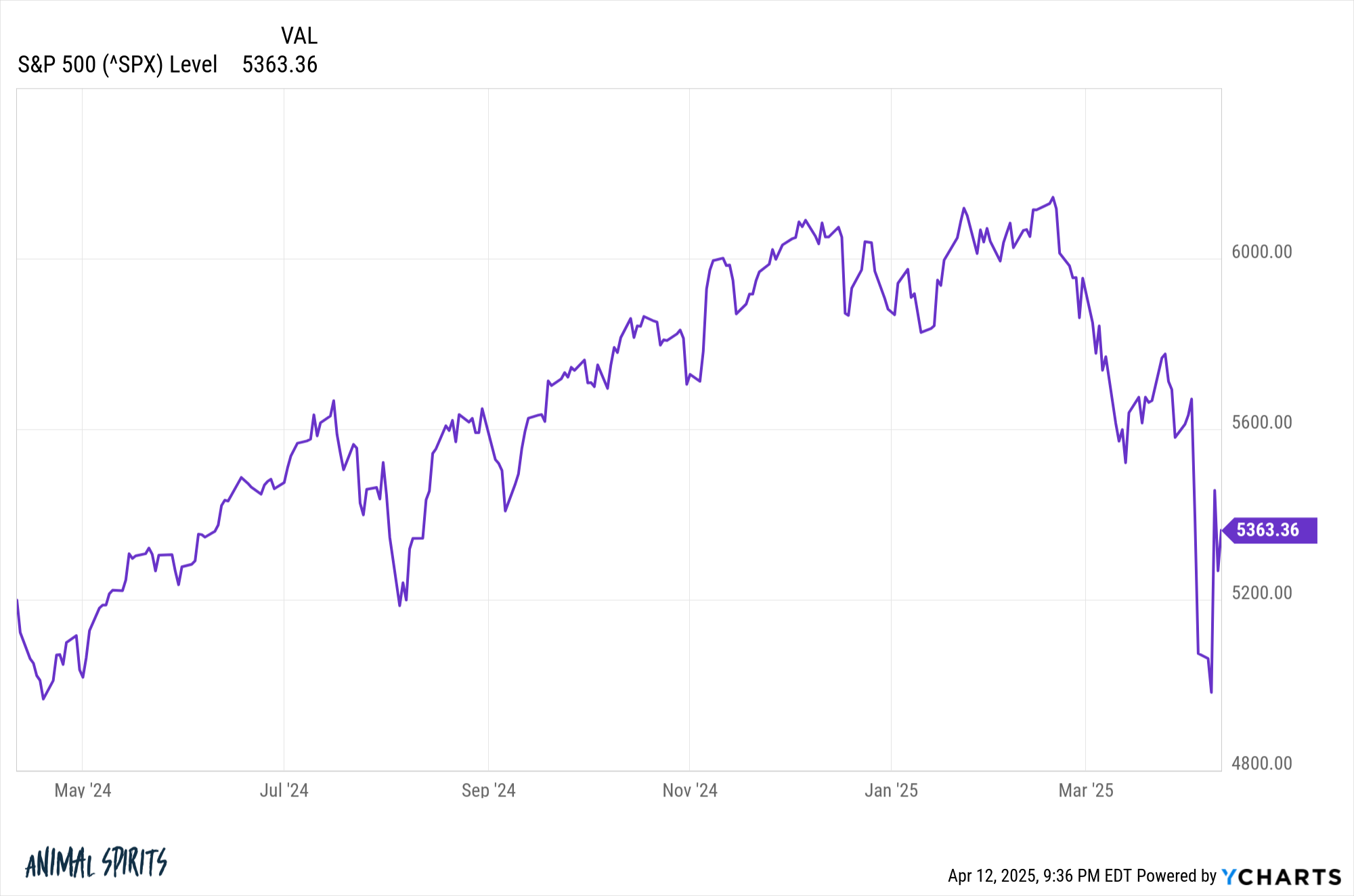No panic: How Snowflake’s cofounder translated free-diving skills to tech success
Benoit Dageville says panic almost always leads to a bad decision, whether in business, AI, or deep underwater.

Free diving and founding a business are not pursuits most people immediately associate with each other, but the sport has informed one of my central tenets for running a competitive business: No panic.
When I free dive, I reach depths of around 90 feet, finding a tranquil underwater peace. It’s important that I’m aware of my limits and conserve enough oxygen in my lungs to surface again. While I’m only a recreational free diver, it still requires a cool head and a good measure of self-control.
Panic is the enemy of good decisions. It clouds your thinking and makes you overreact. Whether you’re fixing a loose weight belt 60 feet under the water or reacting to a surprise move from a major competitor, panic will almost always lead you to a bad decision.
The antidote to panic: Find the positive
I founded Snowflake with Thierry Cruanes in 2012, and there were several moments when we could have rushed into hasty decisions. One of the biggest came soon after we launched the company. We had just introduced a new type of data analytics platform for the cloud, and I woke up one morning to discover that one of the big cloud providers had released a product that might compete.
I could have panicked (okay, maybe I did a little), but I give credit to one of our early investors for showing me that there is a better way to react. This move will help you, he told me, because one of the biggest companies in the world has just validated your market. But while they’re building 100 products, you can focus on one, and make it the best. And that’s what I like to think we did.
Taking a moment to reflect gives you the mental space to evaluate the situation and find the positive in what’s happening. In today’s fast-moving world of AI, with new breakthroughs announced every week, this is more critical for founders than ever.
Beyond happy talk: Values as a strategic compass
Even if you do stay calm in a high-pressure situation, how do you know which decision is the right one? This is where my second tenet of strong leadership is important: Look to your values. Values are talked about a lot in business, but they are more than just a guide for ethical behavior or a way to motivate your staff—though these are important too.
Values are critical to a founder because they guide your most difficult decisions. Values act as a filter for your decision-making, helping to prioritize options and eliminate those that don't align. One of the values we created for Snowflake at the outset was simplicity, and it remains our North Star today. We believe we can win by providing the most powerful, efficient AI and data platform in the market while ensuring the simplest possible experience for customers.
This value has steered me many times in my current role as head of product. I often have passionate debates with others in the team about whether to add this new feature or that, and where to place our next big bet. These questions can be extremely vexing, and at those times I look to our value of simplicity: Will taking the product in this direction compromise simplicity? If it will, we find another way.
Your own guiding value may be something different: Being first. Being transparent. Being sustainable. But it will always help lead you to the right outcomes in the key moments, so long as you stay true to it.
Lead through dialogue, not dictate
There is a culture of hard-driving, aggressive leadership in Silicon Valley, but that is not me. Being a strong leader requires confidence in your own abilities, but it doesn’t require you to be an authoritarian. When I debate difficult product questions with others in the team, I always try to hear everyone’s perspective. If you’ve surrounded yourself with smart people who you respect, then you can often agree on a decision through reasoned debate.
Ultimately, you may need to make the toughest calls alone. But the team will be vastly more effective when they feel they’ve been heard and that you arrived at a decision together.
I envy new founders today. AI has created entirely new markets for services and tools, and provides powerful new ways to run a company. But the explosion of AI also means that founders have to decide where to focus, and the secret there is to identify a path you truly believe in and that you’re passionate about.
I often joke that starting a company for me was collateral damage for building a product. We weren’t focused on financial outcomes at the time; we wanted to build the product we believed in and bring it to the world. You need that passion to help sharpen your focus and choose whatever is the right path for you.
But despite living in what feels like a once-in-a-lifetime technology moment, many of the same core principles are critical to achieving success. No panic. Follow your values. Respect other members of the team.
Sticking to these principles has helped me to build a successful, growing public company. I don’t expect free-diving is right for everyone—sitting on the beach is just as relaxing for some—but if you’re running a business in a competitive field, keeping a cool head will always help you make the most strategic decisions.
The opinions expressed in Fortune.com commentary pieces are solely the views of their authors and do not necessarily reflect the opinions and beliefs of Fortune.
Read more:
- How competitive sailing expanded my leadership vision after three decades in the C-suite
- I worked with Steve Jobs. Here’s what he’d say about today’s leadership style
- Harness CEO: Forget time management—here’s how I stay productive while running 3 companies
This story was originally featured on Fortune.com



































































































































































